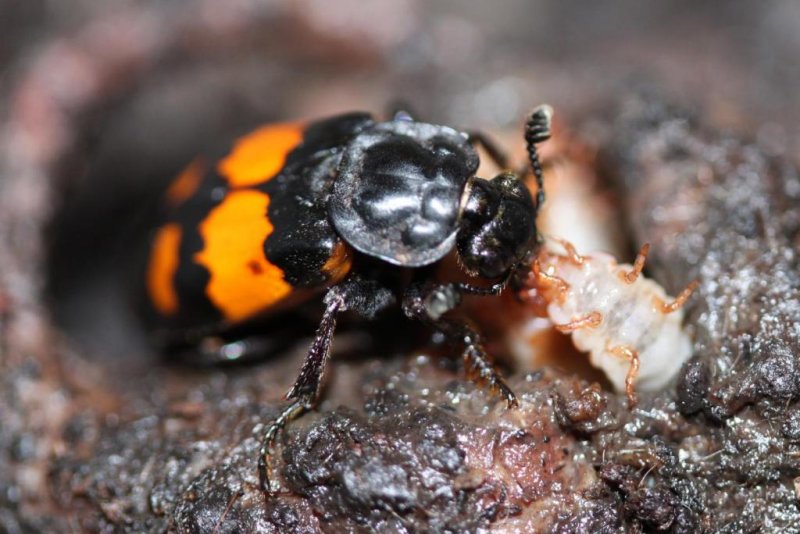March 22 (UPI) -- The innate drive to care for offspring helps parents overcome many obstacles, including physical disabilities. New research shows disabled beetles work extra hard to be good parents.
In fact, scientists found disabled beetles went above and beyond the parenting efforts exhibited by their able-bodied peers.















